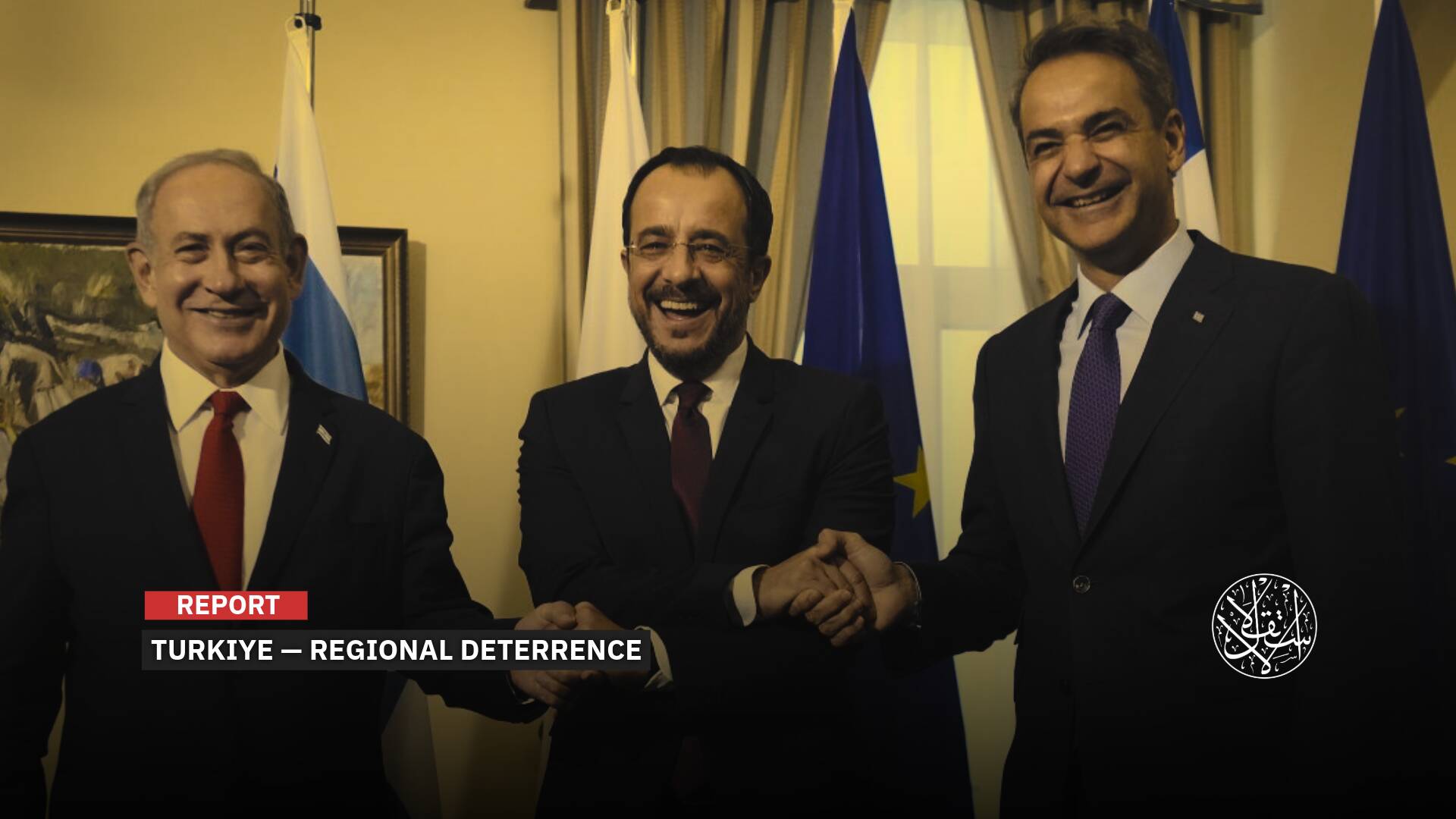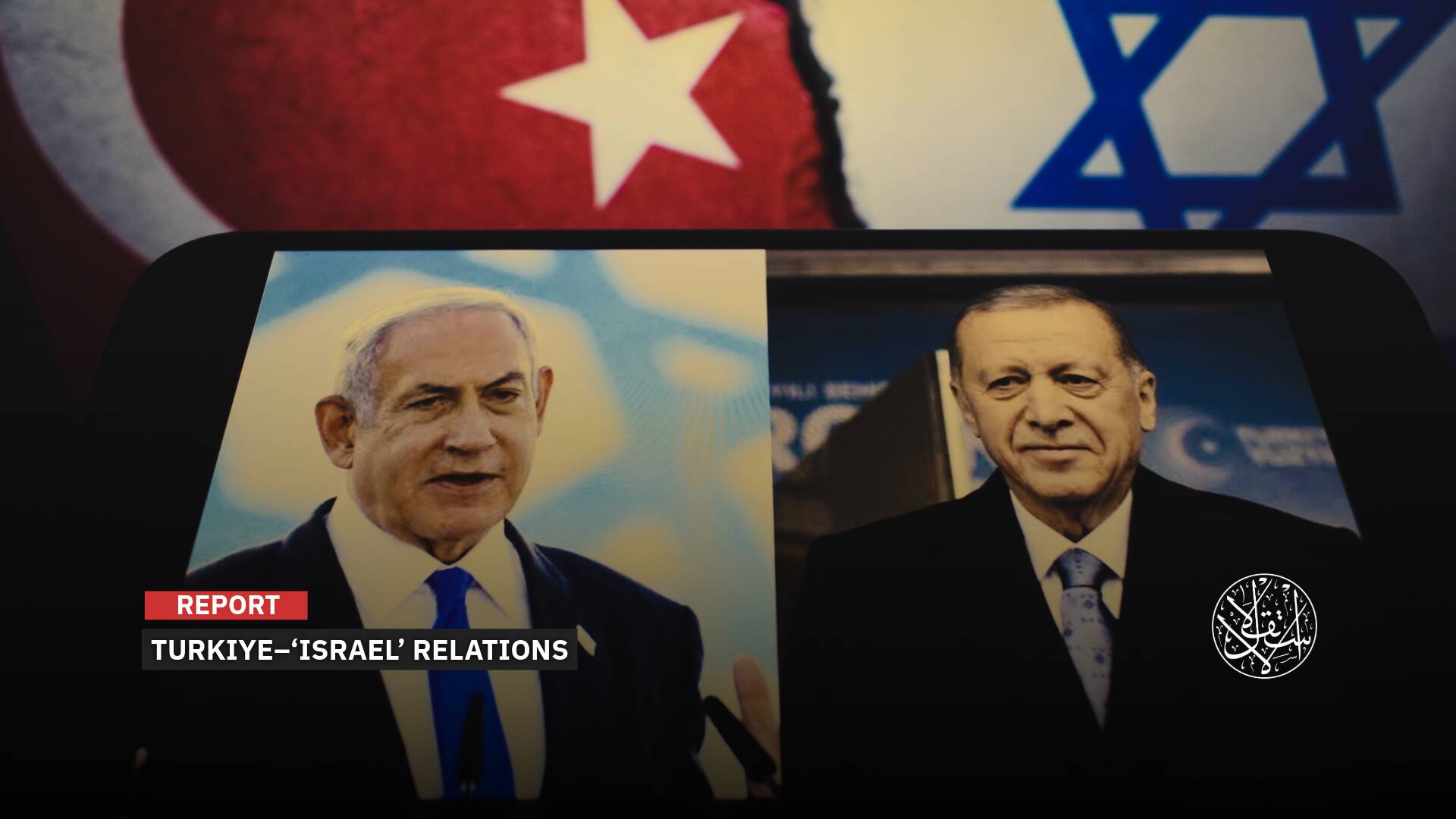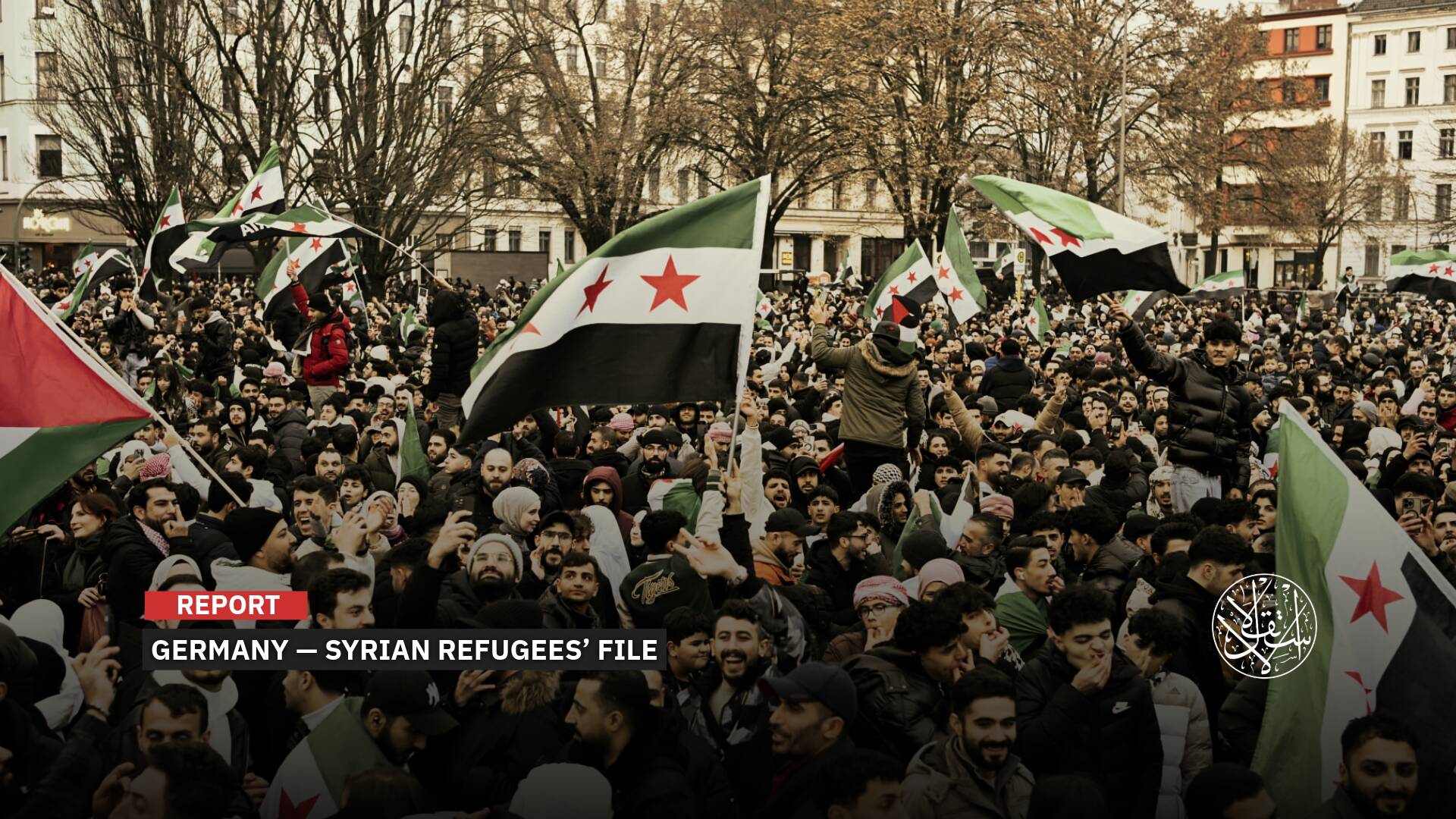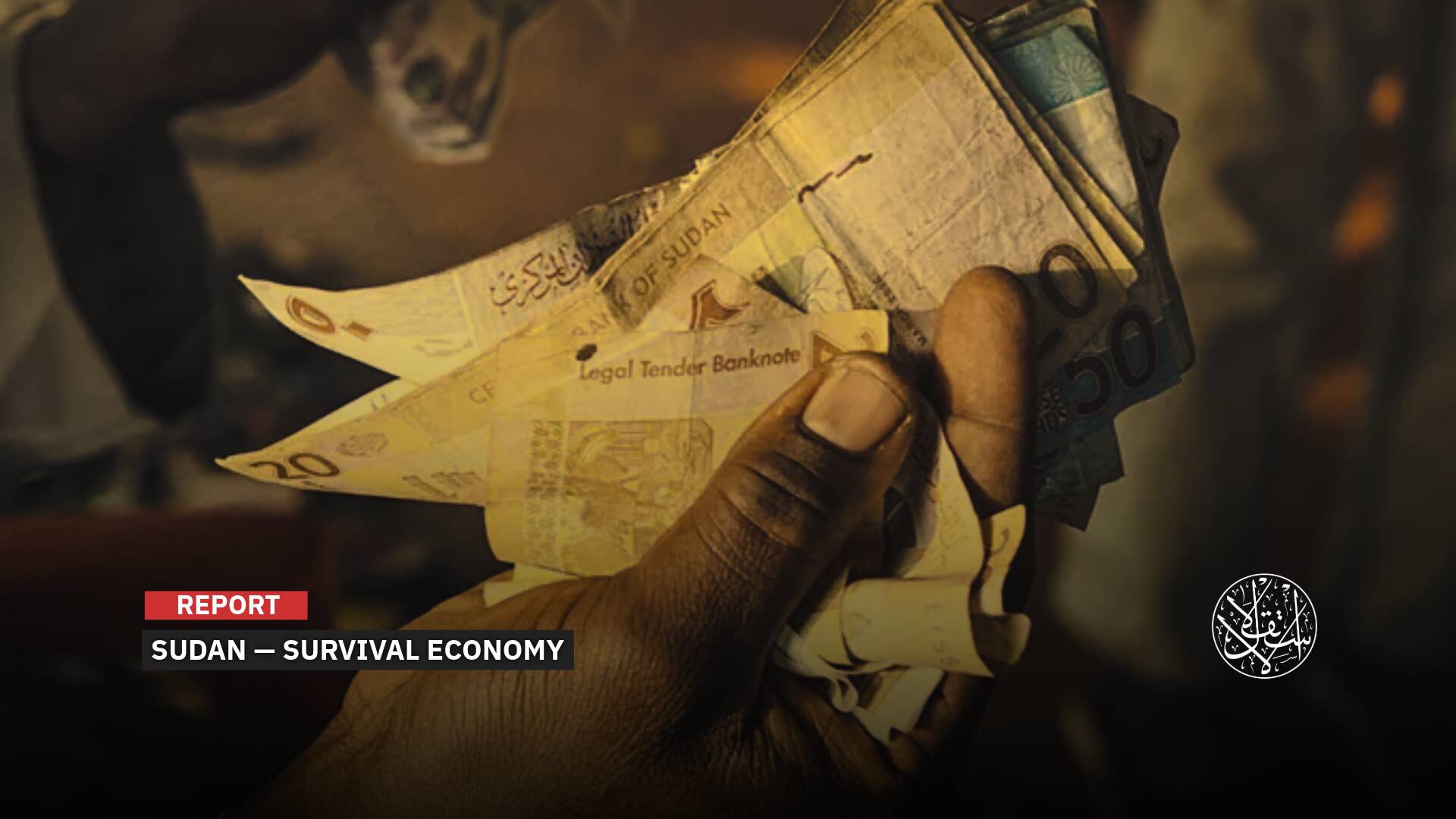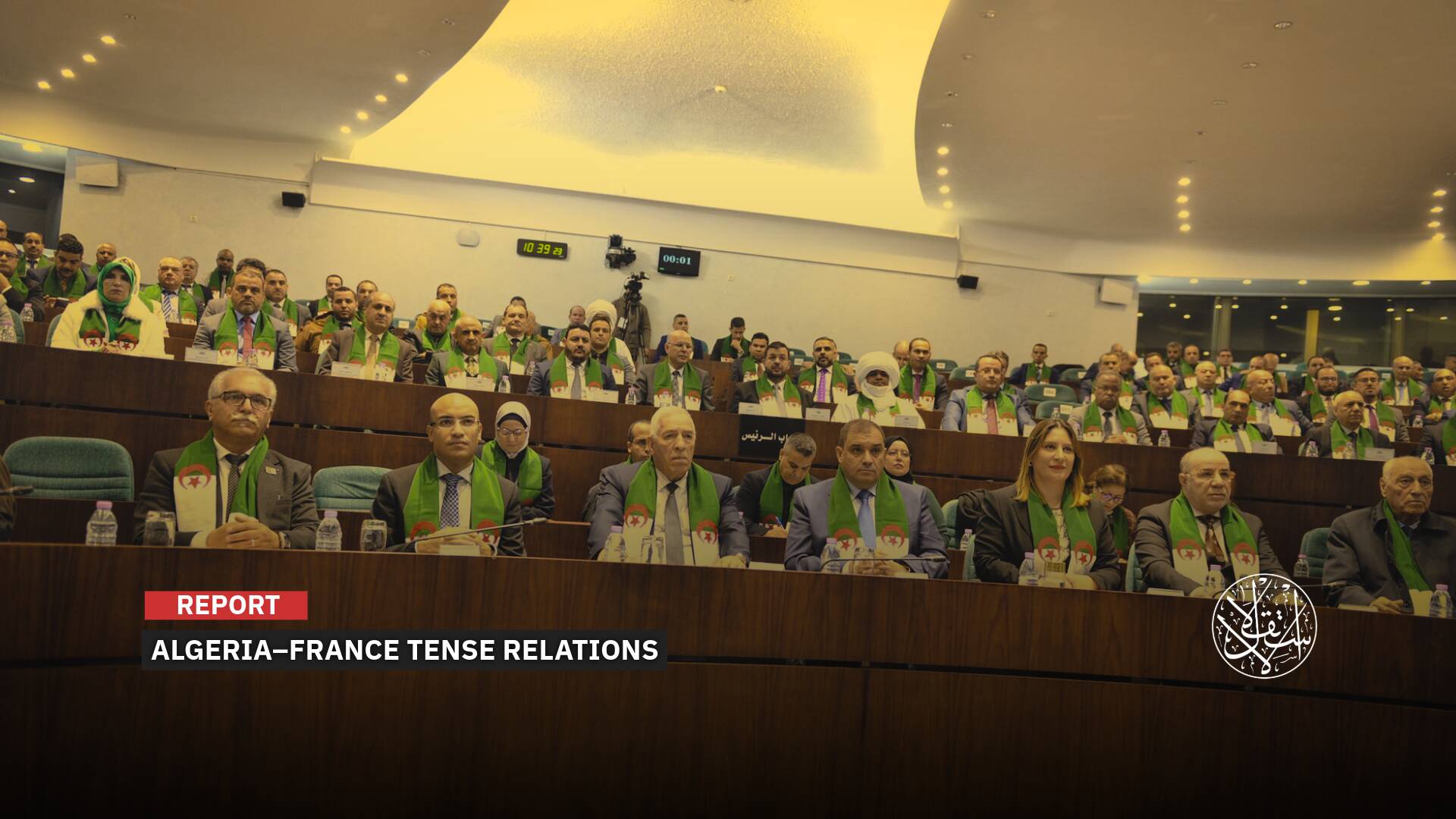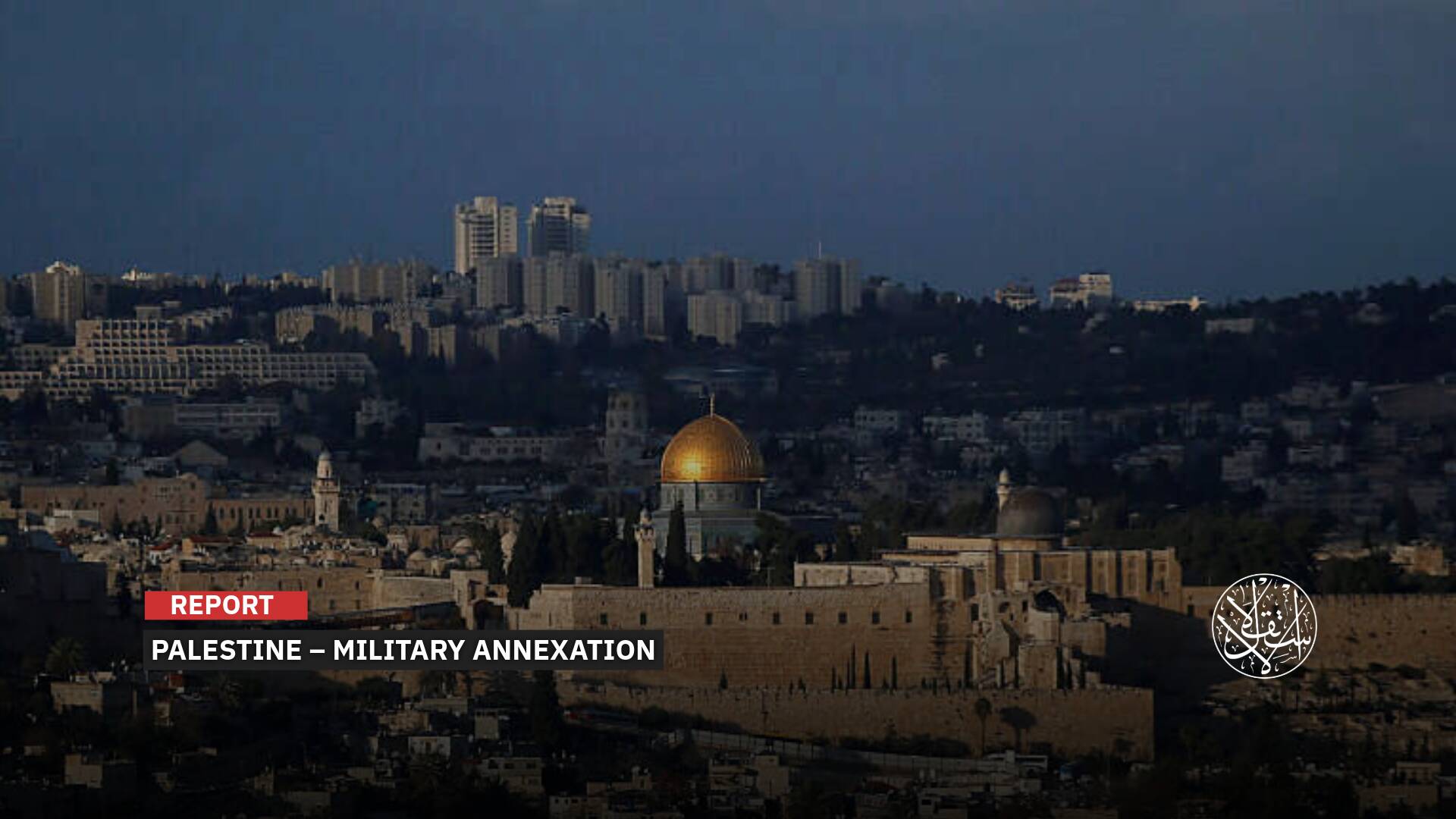‘Deliberate Heating’; Israeli View on Erdogan's Change of Cyprus' Marash Status

AN Hebrew Institute of Studies claimed that Turkish President Recep Tayyip Erdogan was working to promote a "two-state solution" to the Cyprus issue, contrary to the international community's desire to reunite the Greek and Turkish parts after 50 years of division.
Speaking about Erdogan's visit to Northern Cyprus on July 19, 2021, as part of what the Institute claimed were efforts to stabilize his vision, the Institute for National Security Studies asked: Is Erdogan already working on the ground to change the situation in Cyprus?
Turkey's Vision
"In 2020, Ankara intended to change the model for resolving the Greek Cypriot and Turkish Cypriot conflict through field work and made international efforts to promote the resolution of the Cyprus conflict," the Hebrew Institute said.
He added: The island of Cyprus, which was divided in two parts in 1974, the north of which is linked to Turkey and the south of Greece, was the trend to resolve its crisis through a federal status of the two parts.
"Since October 2020, as reflected in Ankara's repeated statements, the focus has been on changing the model towards a two-state solution," the institute claimed.
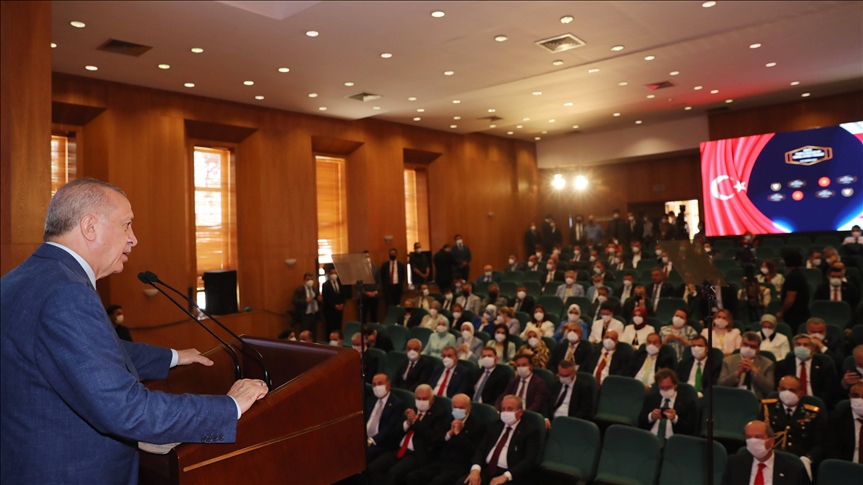
During Erdogan's visit to Northern Cyprus, he and Turkish Cypriot leader Ersin Tatar announced that a small part of the ghost town of Varosha, the military zone, would be opened to civilians.
On July 20, 2021, Erdogan said, "Cyprus' Marash region will regain its old days by opening it in a way that does not harm anyone's rights and under international law."
The Hebrew Institute claimed that changing Turkey's policy towards Marash, which the Turkish Cypriots maintained as a bargaining chip with the Greek Cypriots, was part of Ankara's attempt to expand the model for resolving the conflict on the island.
Warsaw, on the outskirts of Famagusta, was the main resort in Cyprus before 1974, attracting many celebrities and dubbing it "Las Vegas Mediterranean.”
The Institute claims that "the Greek inhabitants of Varosha fled in 1974 following the Turkish military presence on the island, and the Turks decided to leave the abandoned city after it became a closed military zone.”
In 1974, Turkey intervened in the northern third of Cyprus in response to a coup attempt there to annex the island to Greece.
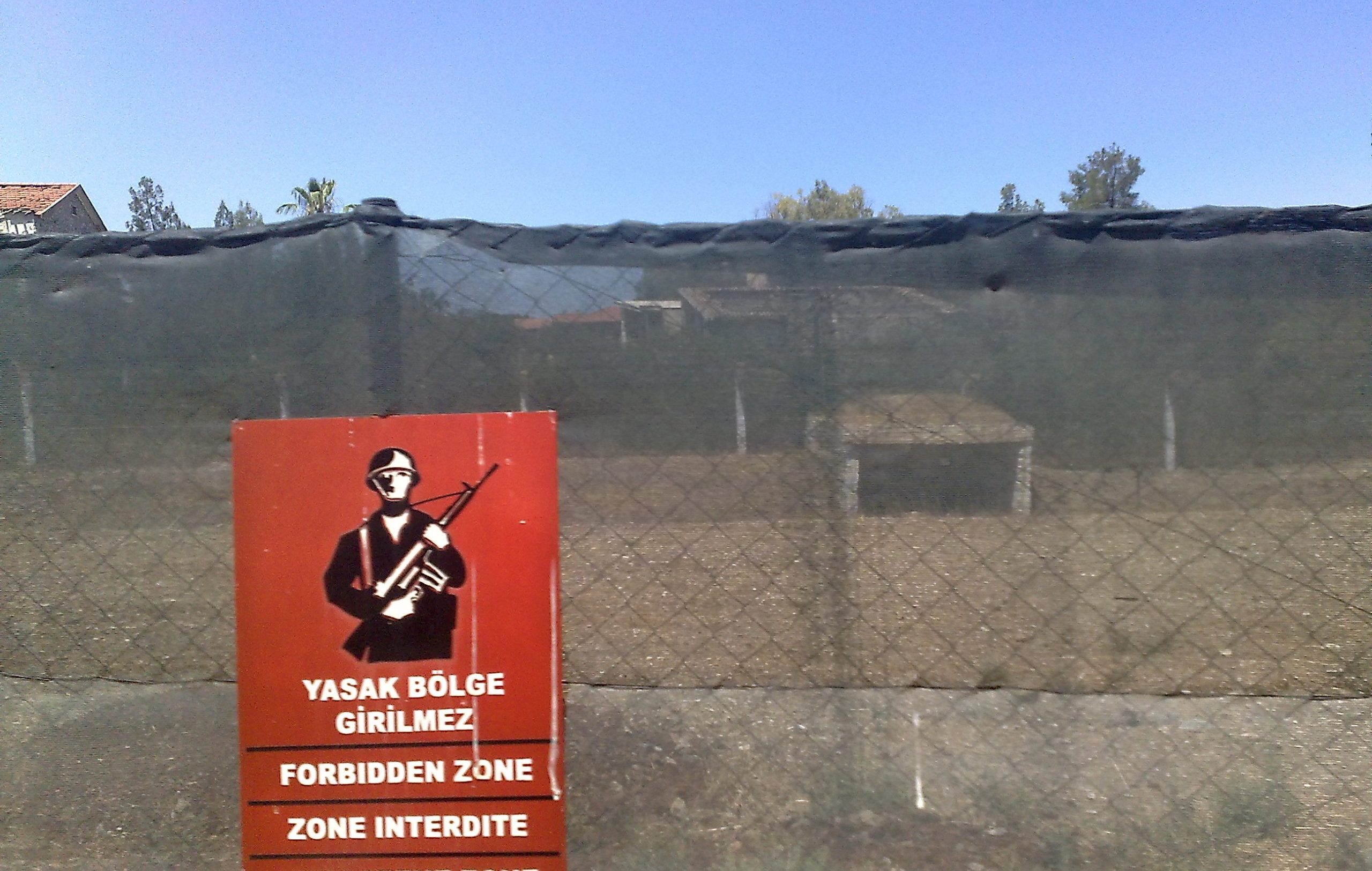
On July 20, 1974, the island was divided into a Turkish Muslim northern section and a Southern Cypriot Rumi, and only Turkey has so far recognized the "Muslim Republic of Northern Cyprus."
In 1984 and 1992, the UN Security Council demanded that the town's property be returned to its original owners and handed over to the United Nations Administration.
The Hebrew Institute accused the Turkish side of rejecting proposed federal resolutions and ideas to resolve the dispute on the island, and the Security Council's proposal to return to Greek Cypriot control.
In October 2020, the Turkish side decided to open beaches in the area to visitors, paving the way for a decision on the partial opening of the city and promoting the idea of dividing into two states, according to the institute.
"Although Turkey has provided compensation to Greek Cypriot landlords, the current policy is to reverse the agreements reached by previous negotiations between the parties," his report claims.
"Although a federal solution is a challenge, the concept of two states as a solution to the Cyprus conflict faces major problems such as: the small size of the island, which will make such a solution difficult to implement," he said.
The entire island was allegedly defined as joining the European Union in 2004, and the Institute claims that this is therefore an obstacle to its division.
Ankara's Impatience
The Institute's report claimed that another problem faced with the resolution of the conflict was "that the Greek Cypriots do not guarantee that Ankara will not include the Turkish part later.”
"Other neighboring countries fear that partition will be just a first step before the northern side of the island is annexed to Turkey," he said.
"Turkey's patience is almost being implemented after the failure to reach a political solution," the report said.
In 2004, a referendum was held on the then UN Secretary-General Annan's "Annan Plan,” which proposed a path to federal unification, which was supported by the Turkish Cypriots by a large majority and rejected by the Greek Cypriots.
Since then, the impression has increased in Turkey and northern Cyprus that the Greek side will not agree to unite the island under conditions that prevent the restoration of the status quo in the 1960s, when the security of the Turkish minority was threatened.
Erdogan therefore expressed impatience by saying, "We have no more than 50 years to spend."
Heating Cyprus
"Although Erdogan's visit is a routine celebration of the 47th anniversary of turkey's presence on the island, one can link nature to the more aggressive style of Erdogan's rhetoric about the political situation in his country," the Hebrew Institute claims.
"After turkey's economic situation deteriorates, opposition to the government and its leader is growing, and opinion polls indicate that Erdogan and his parliamentary coalition are weakening among the Turkish public," he said.
Noting that Erdogan may not win the 2023 elections, the Institute claimed that "therefore heating up the Cyprus interest is a means of mobilizing Turkish public opinion on an issue that is gaining sympathy among the parties in Turkey."
The report commented on the Turkish delegation that accompanied Erdogan to Cyprus and included representatives of the "Happiness" party by saying: "This can be seen as a sign of Erdogan's efforts to expand his political support base by uniting efforts in the Cypriot context."
"After many of the recommendations made to Erdogan, he refrained from opening turkey's permanent military base in northeastern Cyprus and could operate drones," it claimed.
"Because there were no large-scale regional implications of that rule, this step could have provoked harsh criticism from some countries in the eastern Mediterranean," the Hebrew Institute claims.
Good News
"The Turkish statement on Marash was a more moderate presentation, and from another point of view, Erdogan's statement on Marash could be seen as an attempt to formulate content in his speech," the Hebrew Institute said.
He alluded to the fact that "in the days leading up to his visit to Cyprus, Erdogan declared that he had good news to deliver to northern Cyprus, because at that time a delegation from Azerbaijan left for northern Cyprus.”
"There are estimates that Baku may recognize northern Cyprus, which Ankara recognizes only today," he said.
"The good news was plans to build a new palace for the President of Northern Cyprus and parliament, which has caused disappointment and criticism in some Turkish public opinion," the report claimed.
"The event highlighted the continuing political isolation of Northern Cyprus, which was not recognized by even Turkey's closest ally," the institute claims.
Institute researchers Galia Lindenstraus and Rami Daniel claimed in their report that the tightening of Turkey's position on the Varosha case is also being used as a means of showing support for isolated Northern (Cypriot brothers) leaning towards Turkey.
"Moreover, the large Turkish construction project is another step in transferring Erdogan's political model to Northern Cyprus, which, like Turkey itself, now wins large infrastructure projects as gifts," they said.
The researchers claimed that there was "opposition to the Turkish government in Northern Cypriot society” and continued their claims by saying: "Tatars are even regarded by some Turkish Cypriots as the puppet leader of Ankara.”
"Erdogan's visit and the public discussions surrounding him in Turkey and Northern Cyprus highlighted the complexity of relations between the two countries," the report concluded, allegedly.


